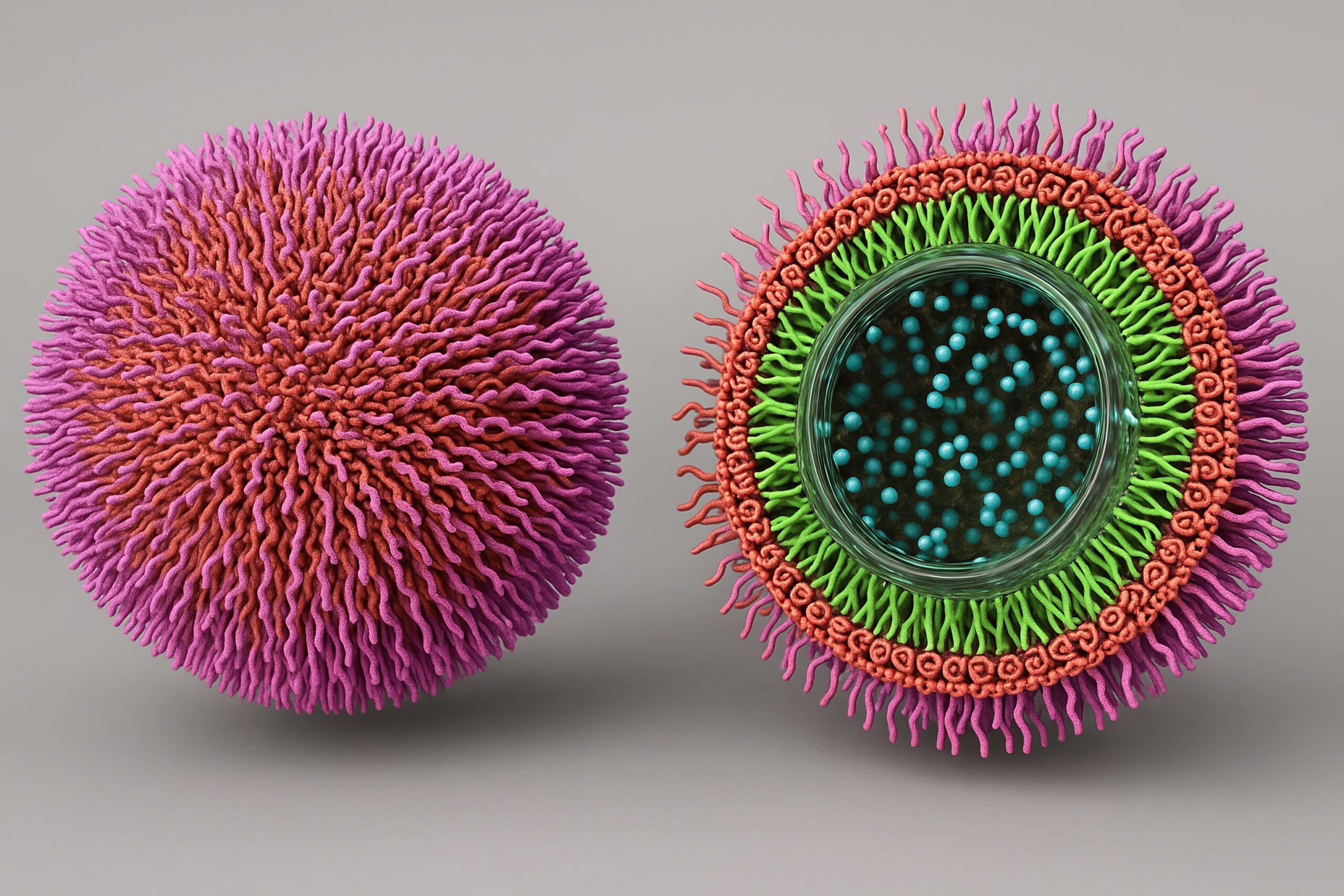
Targeting brain delivery of lipid and polymer nanoparticle-based gene therapies with Sunshine
The Problem
Delivering therapeutic agents to the brain remains a critical challenge in the treatment of neurological diseases, particularly for gene therapies. The blood–brain barrier (BBB) severely restricts the entry of therapeutics, especially macromolecules like nucleic acids, into the central nervous system (CNS). While viral vectors can bypass the BBB, their use is limited by factors such as immunogenicity, restricted cargo capacity, manufacturing complexity, and safety concerns. There is, therefore, a significant unmet need for the development of non-viral delivery platforms capable of enabling safe, efficient, and targeted delivery of gene therapies to the brain.
The Solution
The Joshi Lab at Brigham and Women’s Hospital and Harvard Medical School is developing both lipid- and polymer-based nanoparticle platforms for brain-targeted delivery of gene therapies. Achieving efficient and reproducible brain delivery requires careful optimization of formulation parameters, solvent compatibility, and processing conditions. To support this effort, the lab utilizes the Sunshine instrument from Unchained Labs, an automated microfluidic formulation system that enables high-throughput screening of nanoparticle formulations across a wide range of materials and solvents. Sunshine significantly reduces hands-on time while improving reproducibility and offering greater flexibility in formulation design.
The Proof
In this webinar, Dr. Ben Knappett will introduce the Sunshine instrument, and Dr. Nitin Joshi’s team will share results from their brain-targeting studies, including formulation strategies, particle characterization data, and in vivo biodistribution outcomes. Attendees will gain practical insights into the development of brain-directed delivery platforms using both lipid and hybrid nanoparticles.
